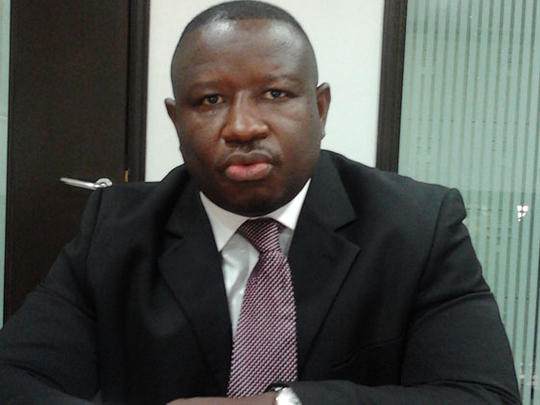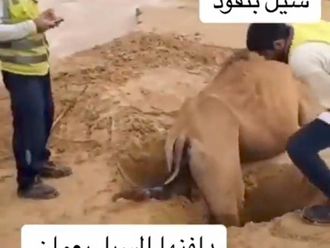
Muscat: A former West African military ruler thinks that the social media is a potent weapon in the hands of people and, rulers around the world must respect their wishes.
“In today’s age information spreads much faster through Internet and people are more aware of happenings around the world,” Brigadier (Ret.) Julius Maada Bio, who gave Sierra Leone a civilian government, after ending four-year rule of captain Valentine Strasser in 1996, told Gulf News in an exclusive interview in Muscat.
The only military ruler (he ruled to complete the transition from military to civilian government) to hand over power to a civilian government in West Africa, Brigadier Bio said that the Arab Spring that brought changes in Tunisia, Egypt and Libya would not have been possible without the power of social media and Internet.
“Who would have thought such an end to Gaddafi’s reign,” he said. The Presidential candidate for 2012 elections in Sierra Leone said that the world today is without borders and no attempts to suppress information would succeed.
“When people see others getting their rights and facilities, they would also want the same and that is where the protests start,” he said.
Brigadier Bio said that suppressed feeling of people of the Middle East was a major reason behind the Arab Spring. “The social media spread the democratic wave across the region and rest as we all know is history,” he pointed out. The Sierra Leon leader advised leaders in the region to respond to the will of people.
“You can only resist (protests and movements) for a while not always,” he reckons. Brigadier Bio was a key figure in a six-member young military group that ended 27-year-long authoritarian rule of Joseph Saidu Momoh’s All People’s Congress (APC) in a bloodless coup in 1992 and now he is seeking election to be democratically elected President in his own country. He urged leaders in the region to provide solutions to the problems and go for development for the people.
“At times if people get facilities they need, they can afford to keep blind eye,” he said. In reply to a question, he said that it is not necessary that civilian rules would work everywhere. “It all depends on history and culture of the place.” He also stressed that importance of independent and vibrant civil societies. “The civil societies give useful suggestions and constructive criticism,” said the erstwhile military ruler, who was in Oman on a private visit.












